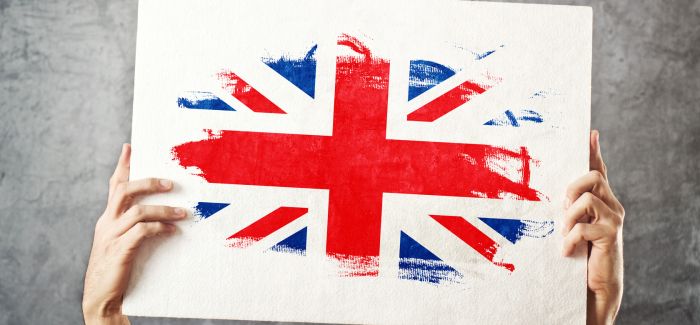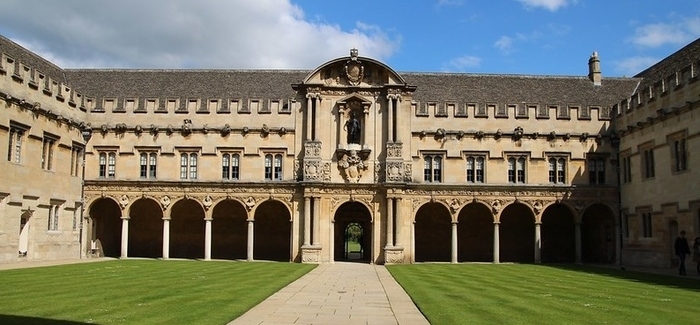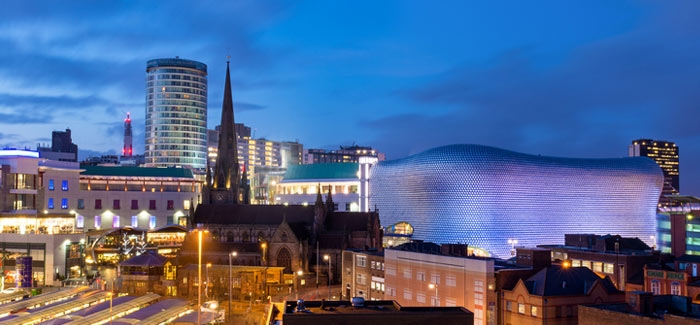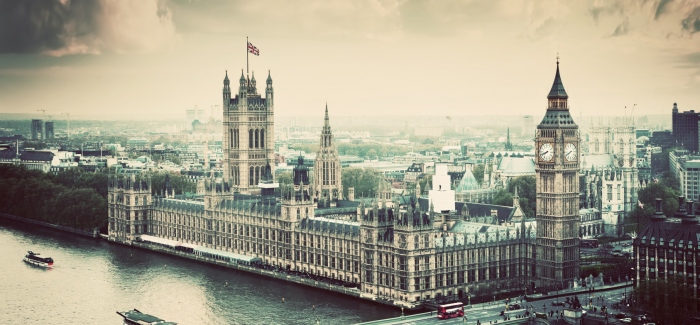Students all over the UK will have woken up this morning to the news of the election results, which have revealed that the Conservative party have won a large majority of 78 seats. The results show that Conservatives gained 47 seats in the election this year, giving them 364 seats overall, whereas Labour lost 59 seats, securing 203 seats overall.
Whether you are happy or sad about this result, the outcome will affect everyone living in the UK. So, what do these results mean for students?
Read on as we recap some of the key policies the Conservative party has promised to deliver…
The UK to be Carbon Neutral by 2050
With a greater focus on the environment this year, following mass media focus and protests of Extinction Rebellion, the Conservatives have said that their goal is to be carbon neutral by 2050 and to ask their global partners to match this ambition.
They will do this though a £4 billion investment in R&D, decarbonization schemes, new flood defenses, clean energy and electric vehicle infrastructure (phasing out the sale of petrol and diesal cars) as well as setting up international partnerships to help tackle deforestation.
On top of this, they say they will set up a £500 million Blue Planet fund to help protect our oceans from plastic pollution, warming sea temperatures and overfishing and extend the Blue Belt program.
Find out which universities are currently the ‘greenest’ in the UK.
Connect the UK’s cities and regions
If, like this student commuter, the thought of the public transport system in the UK makes you want to cry a little bit, you’ll be pleasantly surprised to find out that the elected Government is planning on improving the (heavily flawed) system.
In their manifesto, the Conservative party promised to upgrade public transport services, including bus, tram and train services, as well as building the Northern Powerhouse Rail, which would make it easier to move between the different towns and cities in the North, as well as investing in the Midlands Rail Hub. There will also be a superbus network with lower fares and increased frequencies, as well as a £28.8 billion investment in local and strategic roads.
Regarding the widely debated HS2 railway network, the Government will ‘work with leaders of the Midlands and the North to decide the optimal outcome’ as they have now revealed that the railway will not be viable until 2040, and will cost ‘at least £81 billion’.
Introduce a points-based immigration system
The Tories’ immigration policy has always been one of the most controversial policies of the election – but what have they actually said?
The Conservatives have pledged to introduce an Australian style points based immigration system, with Migrants ‘paying in’ before they can receive benefits. The Conservative party say this will reduce immigration overall and result in fewer lower skilled migrants.
They do, however, say that EU citizens who came to live in the UK before Brexit will be allowed to stay and will have all of their existing rights guaranteed after Brexit, under the EU Settlement Scheme. There will be a student visa available for EU and non EU students wishing to study in the UK, and a start up visa for entrepreneurs who wish to start businesses in the UK.
Extra Funding for the NHS
The NHS has been a big talking point this election, with the Labour party claiming that the NHS could be vulnerable to privatisation under the Conservatives.
The Conservative party have strongly denied this, and have said that the NHS is in no way “up for sale” and their manifesto claims that the government will provide extra funding for the NHS, with 50,000 more nurses, 6,000 more doctors in general practice, 6,000 more supportive hospital management, as well as 50 million more GP surgery appointments per year. The party has also promised to fund 40 new hospitals over the next 10 years and will allocate a £35 million cash injection to hospices to support 200,000 patients.
Only time will tell…
Tackle low quality university courses and grade inflation
The UK is home to some of the world’s leading universities, and the Conservatives have pledged to ‘maintain and strengthen our global position in higher education’, as well as tackling the problem of grade inflation and low quality courses, and improve the application and offer system for undergraduate students.
The government will also strive to ‘strengthen academic freedom and free speech’ in universities.
Get Brexit done
The Conservative party’s stance on Brexit is (unlike the process so far) relatively simple. They say they ‘will deliver on the people’s decision in 2019’ to leave the European Union.
In their Manifesto, the Conservatives say ‘we will start putting our deal through Parliament before Christmas and we will leave the European Union in January’, and they promise ‘not to extend the implementation period beyond December 2020’.
Despite this seemingly simple statement, the Conservative party is notoriously known for not following through on Brexit promises. So, will this be final say? We shall have to wait and see.
Raise the National Living Wage
Any students working a part time job whilst at university will be pleased to discover that the Conservatives party has promised to increase the National Living Wage, which has been increasing annually since 2016. The National Living wage at the time of writing (December 2019) is £6.15 for those aged 18 to 20, £7.70 for those ages 21 to 24 and £8.21 for those 25 and over.
The Conservative party has also promised not to increase the rate of income tax, VAT or National Insurance, and will strive to make flexible working the default, unless employers have a good reason not to.
**
How are you feeling about today’s election results? Let us know in the comments below.














